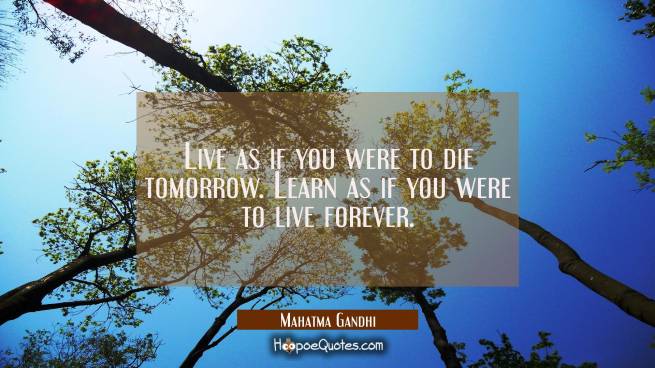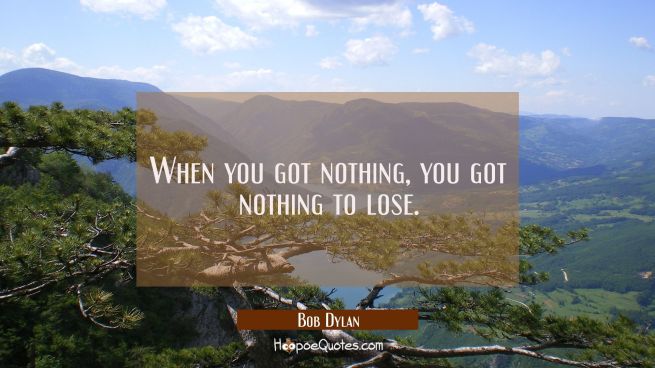Disclosure: This post may contain affiliate links, meaning we get a commission if you decide to make a purchase through our links, at no cost to you.
Freedom is Messy: Embrace It
"Freedom is not worth having if it does not include the freedom to make mistakes." Mahatma Gandhi didn’t just drop this nugget of wisdom for giggles. He was onto something profound. Let's dive into why making mistakes is not only okay but downright essential.
Mahatma Gandhi, the man who turned non-violence into a weapon of mass disruption, was more than just a peaceful protester. He was a philosopher, a leader, and a revolutionary who understood human nature deeply. This quote from him underscores a critical aspect of freedom that often gets swept under the rug: the freedom to screw up.

Decoding Gandhi's Wisdom
Gandhi's quote, "Freedom is not worth having if it does not include the freedom to make mistakes," hits hard because it's real. It's a reminder that freedom isn't just about doing what you want when you want. It's about the liberty to fail spectacularly and learn from those failures. If we’re only free to make the right choices, then we’re not truly free, are we?
The Human Condition: Historical Screw-Ups
History is a smorgasbord of mistakes. Take the Wright brothers, for example. Their early attempts at flight were epic fails, but those mistakes were stepping stones to modern aviation. The Apollo 13 mission? A colossal mess-up that turned into a triumphant tale of human ingenuity. Mistakes are the bedrock of progress.

Philosophical Underpinnings: The Ethical Dilemma
Philosophically speaking, this quote aligns with the ideas of existentialists like Jean-Paul Sartre, who believed that true freedom comes with the burden of choice – and, by extension, the inevitability of mistakes. Without the possibility of error, our choices aren’t really choices; they’re just pre-determined actions in disguise.
Psychological Insights: Learning Through Failure
From a psychological perspective, the ability to make mistakes is crucial for personal growth. Carol Dweck’s research on the “growth mindset” shows that viewing mistakes as opportunities to learn fosters resilience and continuous improvement. Freedom without the possibility of mistakes is like a gym without weights – you’re not going to get stronger.
Modern Missteps
In today’s world, the freedom to make mistakes manifests in various ways. Think about the entrepreneurial realm. Startups thrive on the philosophy of “fail fast, fail often.” It’s not about screwing up for the sake of it but about learning what doesn’t work so you can pivot to what does.

Social movements, too, embody this freedom. Activists pushing for change often face setbacks and public failures. Yet, these mistakes don’t invalidate their cause; they strengthen it by highlighting flaws and areas for improvement.
My Take: Learning from My Own Messes
Personally, I’ve had my fair share of monumental mess-ups. But looking back, those moments were pivotal. They taught me resilience, adaptability, and a healthy dose of humility. Embracing your mistakes isn’t about celebrating failure; it’s about recognizing that without these missteps, real growth is impossible.
Practical Tips: How to Embrace Mistakes
- Own Your Mistakes: Admit when you’re wrong. It’s the first step to learning.
- Reflect and Adapt: Analyze what went wrong and how you can do better next time.
- Stay Resilient: Don’t let fear of failure paralyze you. Keep pushing forward.
Wrapping It Up: The Power of Freedom to Fail
Gandhi’s wisdom reminds us that the essence of freedom lies in the ability to err. It’s through our mistakes that we learn, grow, and ultimately, find success. So, next time you find yourself facepalming at a colossal screw-up, remember: you’re just exercising your right to freedom. Embrace it, learn from it, and keep moving forward.

References and Further Reading
- Books: "Mindset: The New Psychology of Success" by Carol S. Dweck
- Articles: Look up pieces on the philosophy of existentialism and the history of major inventions.
- Quotes: Similar quotes from thinkers like Jean-Paul Sartre and innovators like Thomas Edison.
- Activities: Try journaling about your mistakes and what you’ve learned from them.
Remember, freedom is messy. And that’s precisely what makes it worth having.














